2023-12-18
Pets bring immense joy into our lives making us feel loved and cared for. Not to mention all the funny experiences we have being around them and observing their “quirky” behaviors and habits.
Welcoming a pet provides both the owner and the pet with many benefits, however, a coin always has two sides!
Today, we will discuss one of the not-so-pleasant sides of being a pet owner, i.e. dealing with pet dander. This may sound like a mild issue that pet owners can just get used to, however, it should not be overlooked, as it can lead to health complications if not addressed properly.
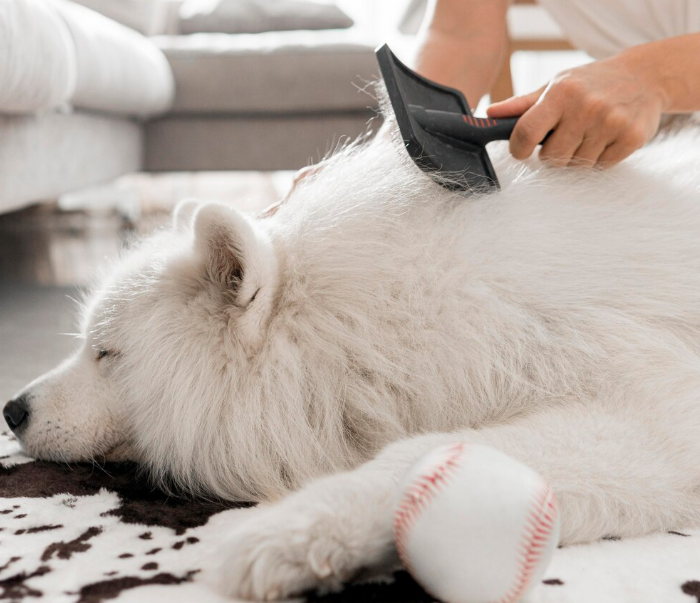
The term “pet dander” describes tiny, even microscopic, flecks of skin shed by dogs, cats, rodents, birds, and animals, in general, with fur or feathers. These particles can cause allergic reactions in some individuals, leading to respiratory issues, itchy eyes, and other discomforts.
Animals without fur or feathers do not produce dander, therefore they pose a lower risk of triggering an allergic reaction. If you are allergic to pet dander but still would like to have a pet at home, you might be considering getting a fish or reptile. It may not be the ideal choice for anyone, but it’s still something, isn’t it?
Pet dander is the most common cause of a pet allergy, however, people can also be allergic to the proteins in pet saliva, feces, and urine.
Fortunately, with the right strategies, it’s possible to create a healthy living environment, while keeping your home both, pet-friendly and dander-free.
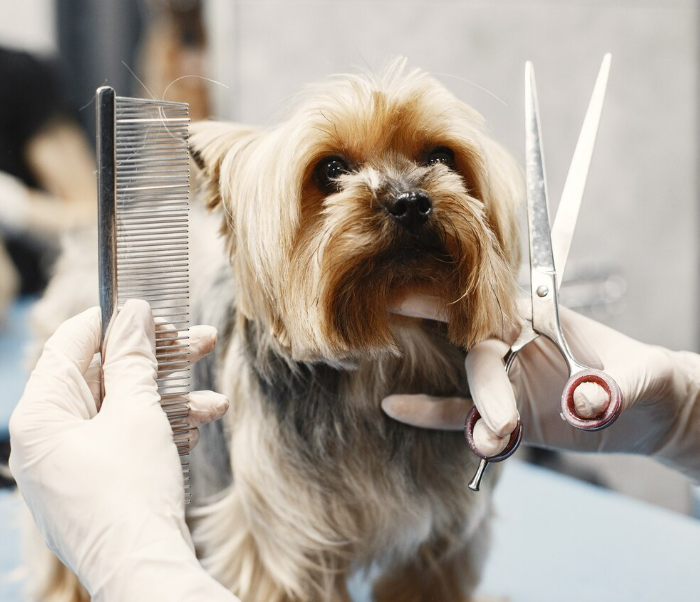
Based on the breed, grooming, and bathing may be required more or less often. However, every pet (mostly dogs) needs to go under the shower, once in a while, depending on the type of their coat and lifestyle. This could mean bathing your dog every week or once a month, but regardless of the frequency, bathing should not be neglected.
The same is valid for grooming, especially if you have a Poodle, a Maltese, a Bichon Frisé, a Shih Tzu, an Old English Sheepdog, an Afghan Hound, a Lhasa Apso, etc. These dog breeds are considered “high maintenance”, and need regular brushing/grooming to keep their coats neat.
Cats groom themselves as part of their natural routine, however, the following three breeds may need extra grooming: the Persian, Birman, and Himalayan. Occasional brushing, even if your cat is not of any of those breeds, can also help keep their coats clean.
In terms of bathing, healthy cats do not require bathing, unless they have something stuck into their coats which cannot be removed otherwise. Of course, if your cat spends some time outdoors, occasional bathing is recommended.
Regular grooming and bathing (based on the breed and lifestyle) will help reduce the amount of loose fur and dander inside your home and prevent it from being released into the air.

It is essential that you clean your home regularly and not just occasionally.
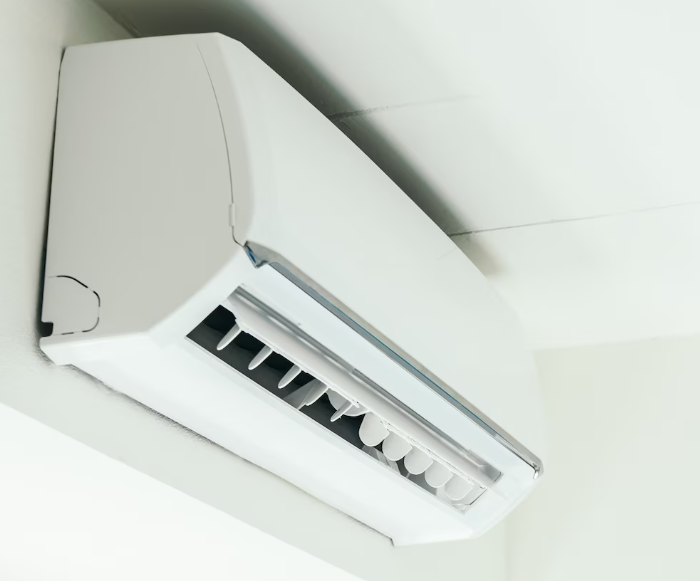
After some time, cleaning your HVAC filters may not be sufficient, so changing them is the next step toward a clean and dander-free home. Having old HVAC filters, that no longer function properly, can not only cause problems with proper heating/cooling of your home but can also worsen the air quality. Over time, some parts of the debris typically get stuck in the filter and are likely to go through it and spread into the air.
If replacing your old HVAC filters with new ones of the same type is insufficient to keep your house/apartment dander-free, you might consider purchasing HEPA filters instead. HEPA stands for High-Efficiency Particulate Air, which describes air filters that can catch particles as tiny as 3 microns. These filters are very effective in removing even the tiniest particles from the air.
HVAC, on the other hand, aims to provide thermal comfort and good (acceptable) air quality indoors.

We know this can be challenging for some of you, although it sounds like an easy task…
Collecting and stocking toys, shoes, souvenirs, and items of any kind over the years, is a habit, which can trigger an allergic reaction.
All these items at home, which we put in one corner or another and completely forget, collect pet dander. The problem with all these items (along with the fact that we typically don’t use them and they just take up space) is that they are more difficult to clean.
The best thing to do, if you want to have your home clean and dander-free, is to get rid of all the items that you do not intend to use ever again.

Consider using materials for your home interior, that are easy to clean and do not collect pet dander.
This could mean removing the carpet and using the wood floor/terracotta tiles underneath; replacing curtains with blinds; replacing the upholstery/covering it with a material easy to clean, such as microfiber, leather, or velvet.
In general, you should think about the interior materials you can optimize to make your home easier to maintain and free of pet dander.
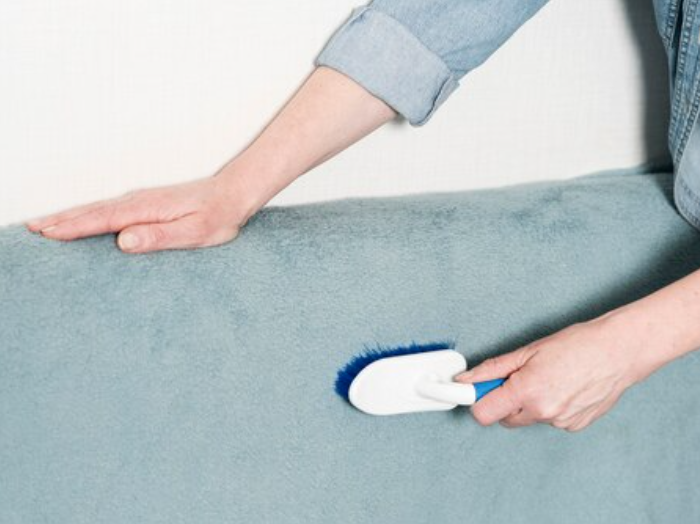
Seat/slipcovers can be very useful to keep your car and furniture clean.
They come in various designs, patterns, and sizes and can be easily put on / off. You can simply put them in the washing machine and regularly go over them with a lint roller to remove the pet dander.
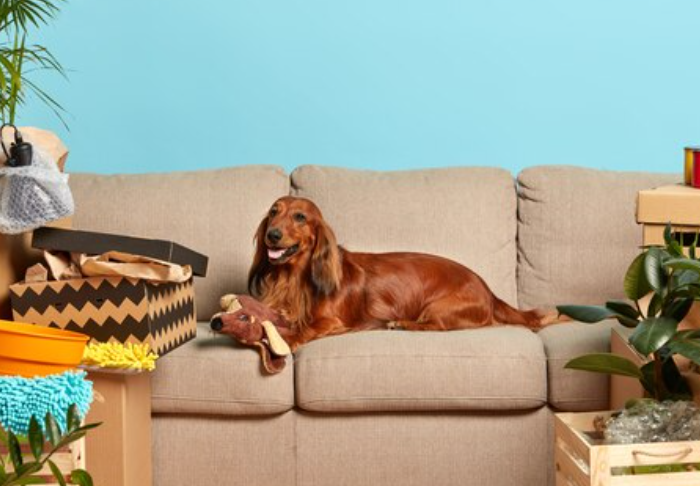
It may be difficult for you to put your pet boundaries, i.e. restricting their access to certain areas at home. However, if you are prone to allergies, this may be needed.
Encourage your dog or cat to stay in the areas they are allowed to by giving them treats, and toys, and making this space comfortable for them. Add a blanket, bedding, and plush and comfy toys (do not forget to wash these items regularly) to make the area more appealing.
Please, keep in mind that your pet should not feel restricted. Try spending quality time with your dog or cat, by playing with them, exercising them, and offering toys to keep them physically and mentally healthy.
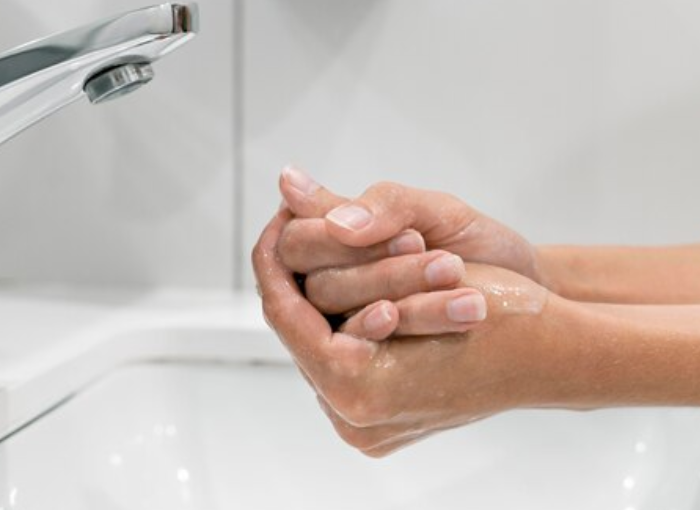
Having good personal hygiene is important also in the context of removing pet dander.
Washing your hands and clothes regularly, and taking a shower will help you remove any particles of pet dander that may have stuck to your skin and hair.
This will prevent them from spreading into your bedroom and kitchen, or any other areas at home that are important to be kept clean.
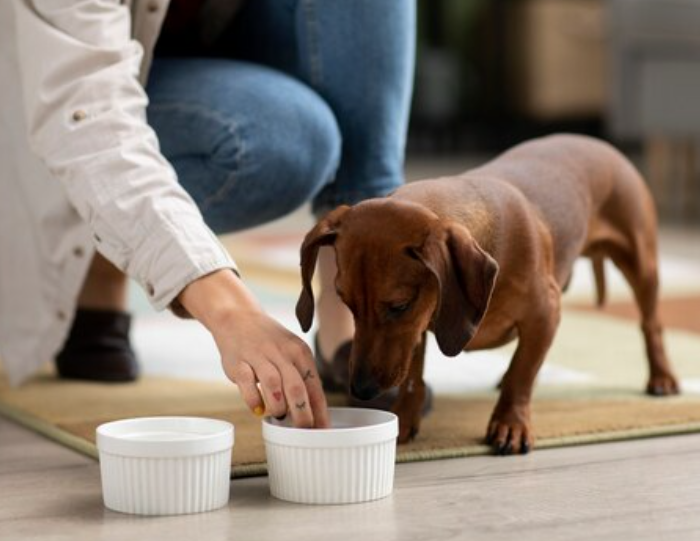
Adding supplements to your pet’s food such as Omega-3 and -6 Fatty Acids, Protein, Zinc, Biotin, and Probiotics can help them keep their skin and coat healthy and reduce pet dander.
However, it’s essential to ensure that your pet’s basic nutritional needs are met through a balanced diet first. Also, you should consult with a veterinarian before adding any supplements to your paw friend’s food.